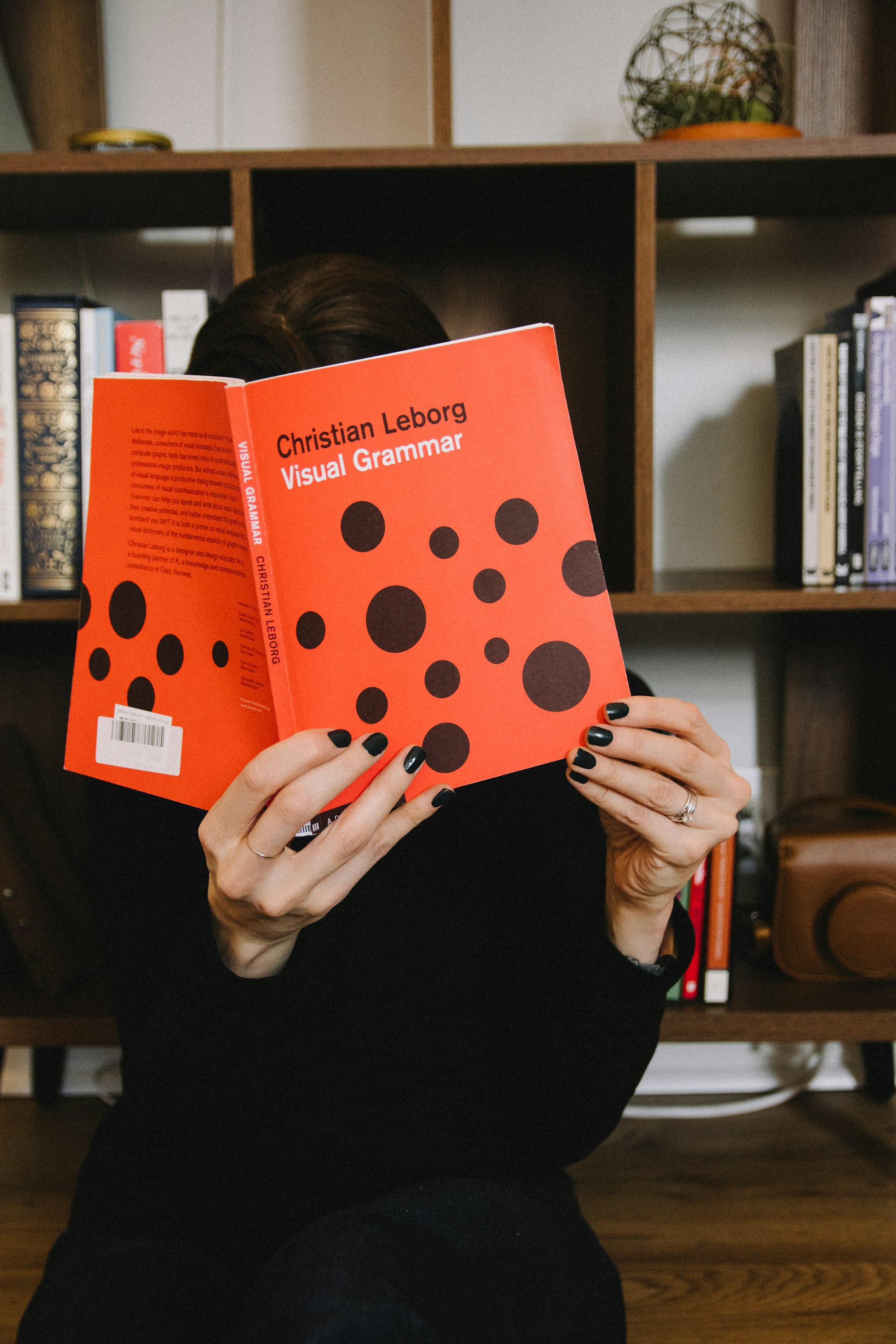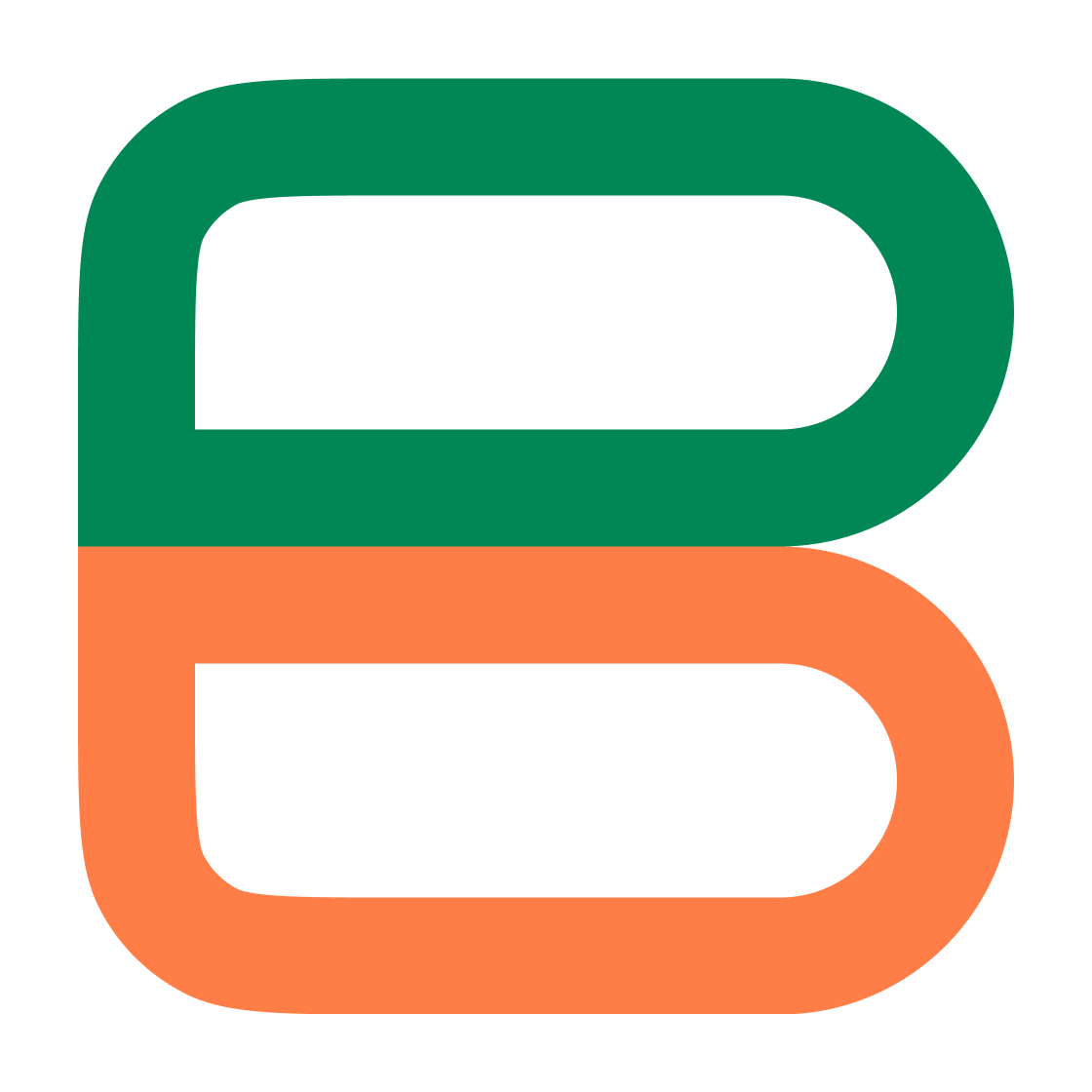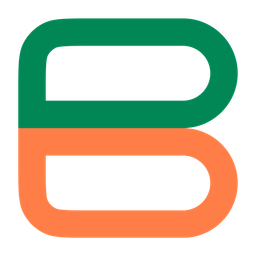How to Decide What Books to Read?
Choosing the right book saves your time and boosts your growth. In this post, we share 10 simple tips to pick books wisely, from asking for recommendations to building your book list. Read smart, grow faster!

Reading a book can take a lot of time. Depending on how fast you read, it might take a few hours, days, or weeks. In general, reading any book is good for you. But sometimes you might feel the book wasn't helpful. You may feel like you wasted time because it didn't give you what you hoped for.
Reading a book is like investing. The knowledge you get from books can help you grow, be more creative, and succeed. That's why it's essential to choose the right book. We will share helpful tips for choosing what to read. We will mainly discuss self-help books because we focus on learning, personal growth, and success.
1. Ask for Recommendations
Most of us already have someone we admire—maybe a role model, mentor, or someone who inspires us. If you want to start reading but don't know where to begin, ask them for recommendations. Usually, we follow people because we like what they do, so the books they suggest will probably match our interests, too.
Also, many successful people read books and use that knowledge in real life. They often have a list of books that helped them. If someone you follow doesn't have such a thing, they are not growing much. In that case, it may be better to follow someone who learns and shares practical knowledge.
2. Research the Author
Before reading a book, search for the author's name online. Try to learn about their background. What experience do they have? Have they worked in the field they are writing about? We need to make sure whether the author is qualified to discuss the topic is essential. A good book should come from someone who knows what they are talking about.
Some people spend their whole lives learning and working on one thing, then write a book to share what they know. These kinds of books are very special. Reading them can save you years of learning and help you move forward faster by learning from their experience.
3. Read the Preface and Chapter List
Before you read a book, please take a look at the preface or introduction. This part usually explains what the book is about. You can also check the list of chapters to see what topics the book will cover. Try to guess what kind of ideas or stories you will learn. It can help you know if the book fits your interests or goals.
You can also read the first few pages. Websites like Amazon or Kindle often let you read a free sample. If you are in a bookstore, you can open the book and read a little. It helps you see if the writing is easy to understand and if the topic interests you. If the beginning catches your attention, you'll enjoy the rest of the book too.
4. Decide If It's Worth Your Time
Please just think carefully whether the book is helpful for you. For example, books about health are usually a good choice. But be careful—health advice should come from real professionals. Don't trust random people who may not know what they're talking about. Before reading, check whether the author is skilled and trustworthy. If so, it's a good use of your time.
You can read any book, but we suggest not spending too much time on books only for entertainment. These may be fun, but they don't always help you grow or improve your life. You can choose your book topic wisely. Reading the right books will lead you to a better path in life.
5. Read Book Reviews and Ratings
Reading the reviews can help you decide whether a book is worth your time. People who like the same topics as you often leave reviews to help others. You can look at how many stars the book has and how many people left feedback. If many people take the time to write a review, it usually means the book is popular and worth reading.
But be careful—some reviews might not be real. Sometimes, authors pay others to leave good reviews. So don't fully trust every review. Just take a quick look to get a general idea. Don't spend too much time reading reviews. Use them as one small part of your decision.
7. Think About What You Need Right Now
Sometimes, the best book is the one that fits your current situation. Ask yourself:
- What do I need help with right now?
- What do I want to improve in my life?
For example, a mindfulness or stress management book may help if you feel stressed. If you want to start a business, a book about entrepreneurs or startups might be more useful now. Choosing books that match your current needs can make them more valuable.
If you don't have any specific situation, the most straightforward advice from us will be a priority, like
- Health
- Time management
- Finance
Health comes first. If you are unhealthy, you don't have time or energy to enjoy life or do meaningful work. When you're healthy, you have more time and freedom to build your life meaningfully.
The next step is to manage your time effectively to get the most value out of it. Learning to say no to things that don't add much value to your life. A powerful quote from Steve Jobs, the creator of Apple, said:
"For the past 33 years, I have looked in the mirror every morning and asked myself: If today were the last day of my life, would I want to do what I am about to do? And whenever the answer has been 'No' for too many days in a row, I know I need to change something."
The third priority is financial freedom. It provides stability and choice. It reduces much of the survival stress, leaving you focused on your goals.
With those three things fulfilled, you can continue doing what is essential for you or other beings.
8. Don't Be Afraid to Stop Reading
It's okay to stop reading a book if it's not right for you. Some books might seem significant at first, but then turn out to be hard to understand or not helpful. You don't have to finish the book if you're not enjoying it. Your time is precious, and it's better to stop and find a book that works better for you than to waste time forcing yourself to finish one that doesn't help.
Sometimes, the book is good, but the topic is too complex for you. There's something called the "growth zone." When a book is challenging enough to help you learn but not too complicated, you feel stuck. If the topic is too complex, like reading a book about rocket science when you only know basic math, it might be better to take a step back. Instead of pushing through, you can choose a book that helps you learn more about more advanced maths and then return to the harder book later.
9. Build a Book List
It's a good idea to list books you want to read in the future. This way, you can check reviews, learn more about the authors, and track which books interest you. When you finish your current book, picking the next one from your list will be easier.
You should also keep a list of books you have already read. It helps you see your progress and builds your confidence. One day, you can mentor or guide someone. When that happens, you can recommend books that truly helped you. But always be honest—only recommend books you have read, applied, and loved. Don't pretend to be someone you're not. Sharing authentic experiences is the best way to help others.
10. Learn a different language
This is an optional advice, but imagine if your native language is not English. You will lose access to much of the knowledge. There are also many excellent books published by people from around the world of different ethnicities. For example, Finland is famous for its world-class education, and its people are among the most talented in the world. Imagine if you could understand Finnish; you would now have access to their knowledge through their published books.
Most people think learning a language is difficult, but we have a different perspective. For example, a baby (who hasn't developed a brain like an adult's) can learn a language and master it to become a native speaker, so why can't an adult learn a new language? It is human psychology, and we discuss that in our "Is Learning a New Language Challenging? Tips and Insights for Success" blog post, which you can read.

So these are the ten helpful tips on choosing what book to read. Do you find this helpful? What do you have in mind? Let us know in the comments section.






